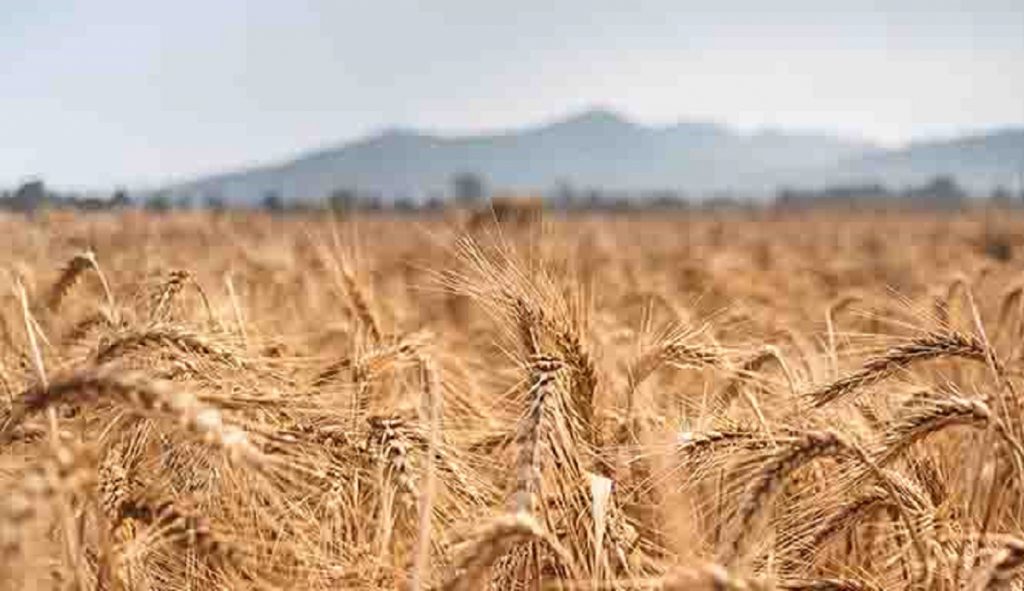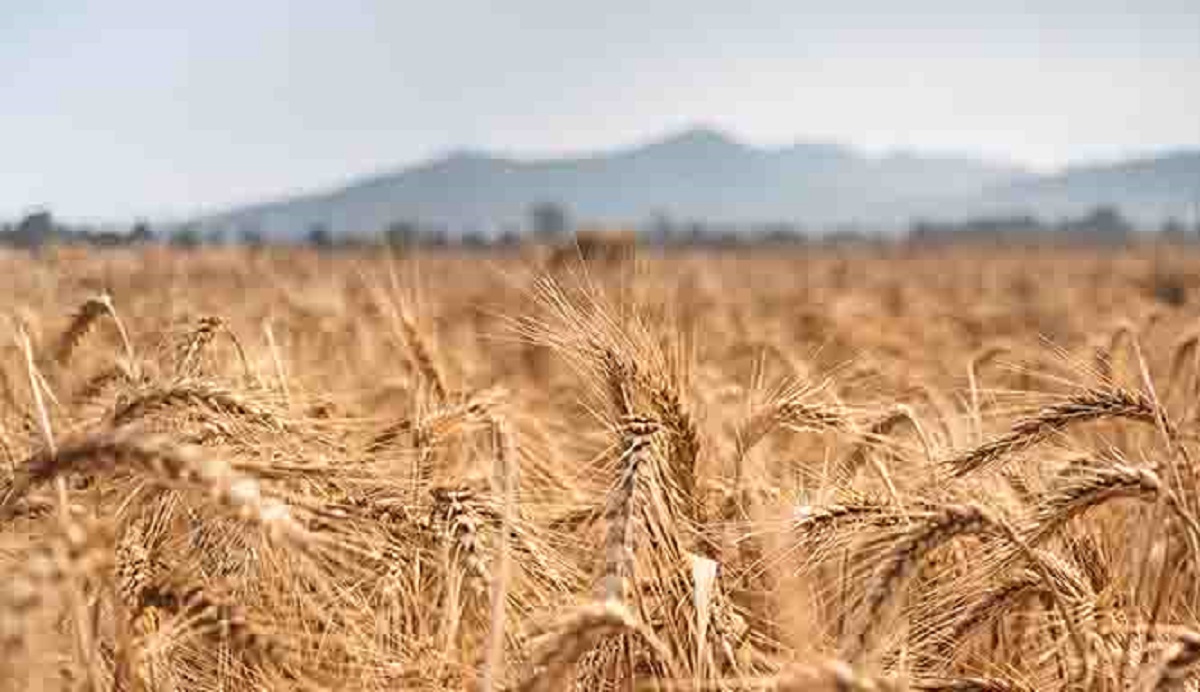The farm battle between the Centre and the State: A legal analysis

[responsivevoice_button voice=”US English Female” buttontext=”Read out this Theel for me”]
In September, Centre came up with the farm reforms in form of the three legislations. The manner in which they were passed raised eyebrows of many—opposition was not taken into confidence, farmers’ protests and demands were ignored and rules of Procedure of Rajya Sabha were blatantly flouted. As a countermeasure, the Punjab State Assembly passed its own set of Farm Bills to bypass Centre’s Farm Laws.
The Congress government in Punjab and the Shiromani Akali Dal (SAD), an ally of NDA government together moved against the Centre’s farm laws. Consequently, Harsimrat Kaur Badal, Minister of Food Processing Industries, tendered her resignation from the Cabinet as a sign of protest against the Central Farm Acts claiming them as anti-farmer Bills. On October 20, the Punjab legislative assembly unanimously passed three bills to negate the central farm laws. Though SAD agreed to the Bills earlier, it now sets back and rejects them. The SAD President Sukhbir Badal said that their demands were not included in the Bill and they have been betrayed by the CM Captain Amarinder Singh. The major demands of SAD (procurement of all the 22 listed crops under MSP regime and declaration of the entire state as Principal Market Yard) are not included in the Punjab Farm Bills.
The resolution seeks annulment of the central farm laws and the proposed Electricity Bill 2020, as well as promulgation of a fresh ordinance making the procurement of food grains on the MSP a statutory right of the farmers. It also calls for the continuance of procurement by Central Government through FCI and other such agencies.
Punjab government has claimed that the application of the central laws to the state is being changed to restore safeguards for farmers throughout the regulatory framework of PUNJAB APMC ACT 1961 to secure interests and livelihoods of farmers and farm labourers and also all others engaged in agriculture and related activities. Hence, it aims at reforming APMC within the framework of 1961 act keeping the interests of farmers in mind.
What are the three Punjab Farm Bills?
It aims to maintain the status quo with respect to APMC. Contrary to the Central farm laws, it will levy a fee on traders even outside APMC mandis and provides that no trader can buy wheat or paddy below the MSP and in violation of this clause, the trader will be punished with imprisonment of up to three years and fine. This will deter the arbitrary corporates. However, it has been criticised for covering only two crops (wheat and rice) under the MSP clause. The Bill could have been more accommodative by including all the 22 crops. Another irony is that the left crops’ farmers are more vulnerable than the wheat and paddy farmers in Punjab and thus including wheat and paddy as the only crops in the Bills will not provide the intended fruits.
It allows contract farming but not below MSP. Breach of this condition is punishable with imprisonment up to 3 years and a fine. Contrary to the respective central law, it allows farmers to approach the civil court in case of any disputes with the buyer of his produce. Central law restricted farmers to go to civil courts by binding them to approach a special body established under the Act to resolve disputes.
3. THE ESSENTIAL COMMODITIES (SPECIAL PROVISIONS AND PUNJAB AMENDMENT) BILL, 2020
It provides that no punitive action will be taken against any person for violating the Centre’s Act, and all notices issued by the Centre under its provisions shall be deemed to be suspended. It also provides relief to farmers against attachment of land up to 2.5 acres. It will benefit small farmers. Currently, the Code of Civil Procedure 1908 states that in case of default of loan repayment by the farmers, their land can be attached to recover loans. Also, properties of farmers such as cattle, implements, cowsheds etc. would be exempted from attachment for farmers with more than 2.5 acres. It will help big farmers. This provision does not directly relate to the respective central law rather it’s a 2017 poll promise of the Congress party that it is trying to fulfil. The Punjab Assembly says that it also provides for the prevention of hoarding and black marketing of food grains.
After Punjab, Rajasthan and Chattisgarh which are also Congress-ruled states have also passed similar legislation to formally reject and nullify the applicability of the Centre’s farm Acts.
The Punjab Farm Bills did not acknowledge the complications and loopholes of Fard which could also have been addressed within this legislative move of Punjab to empower the farmers, but no one seemed interested to do so.
Passage of Farm Bills: A legal Analysis
Rajya Sabha passed the two controversial Farm Bills (Central Farm Bills) via voice vote. As per Rule 252 of the Rules of Procedure and Conduct of Business in Rajya Sabha if any member opposes the voice vote, ‘Division vote’ needs to be ordered by the Chairman. The Deputy Chairman disallowed division vote which is against the principles of parliamentary democracy. Such an attitude is bad for democracy.
Can flouting of rules of Rajya Sabha proceedings during the passage of Central Farm Bills (breaking and muting microphones, tearing pages of the rule book, unruly behaviour with the Chair, and the Chair’s unjustified dismissal of the members’ demand of ‘division vote’) be challenged in Supreme Court? Article 122 mentions that courts cannot inquire into the validity of proceedings of Parliament on the ground of any alleged irregularity of procedure. Since this immunity is provided to Parliamentary proceedings from the purview of Supreme Court, it cannot be challenged.
Agriculture is a state subject (Entry-14) under List II of the Seventh Schedule. So, did the Centre have the power to frame a law on agriculture? Article 249 provides that the Central government can frame laws on any subject, even state subjects if it is necessary to ensure national interest. Entry-33 of the List III of the Seventh Schedule (Concurrent List) reduces the state power to frame laws on agriculture by giving both central and state governments power to legislate regarding trade and commerce, production, supply and distribution of various foodstuffs and agricultural raw materials. Essential Commodities Act 1955 was also legislated by the Centre under Entry-33. Hence, the new Farm laws legislated by the central government are intra vires the Entry-33.
Will the farm bills passed by Punjab Legislative assembly see the light of the day ever? As per Article 254 of the Indian Constitution, the central law prevails over state law in case of inconsistency between central and state laws on a subject. However, if the state law is reserved by the Governor for the consideration of the President and has received his assent, it shall prevail in that State over the central law. Seeing the political scenario, despite the progressive outlook in the Punjab Farm Bills, it is unlikely for them to receive the assent of the President. Consequently, it might remain on the table as a symbolic political statement.
Conclusion
The farmers’ welfare and reforms are being used by politicians of either party for their petty vote bank politics. The political scenario is becoming more and more hostile, abrupt and arbitrary in nature. This scenario leaves us with a glaring question that should not such controversial bills be passed with more discussion and deliberation after forming proper political consensus in the Parliament and in consultation with all the stakeholders? It is high time we kept the interests of farmers, citizens and national economy at the forefront.
“Sow better seeds for them who work in acres to reap benefits for those who work in hours.”
Featured Image Credits: Krishak Jagat









Amazing
Well explained about farmers conditions and Shortcomings of farm bills
Well explained each and every legal aspects and nicely elaboration about the shortcomings of bills
Nicely Explained
All the best?
Every point nicely explained .❤️